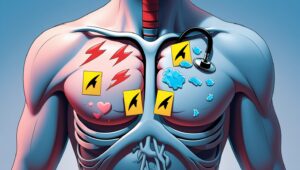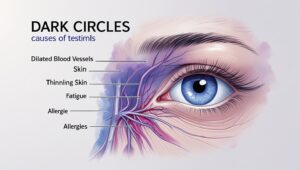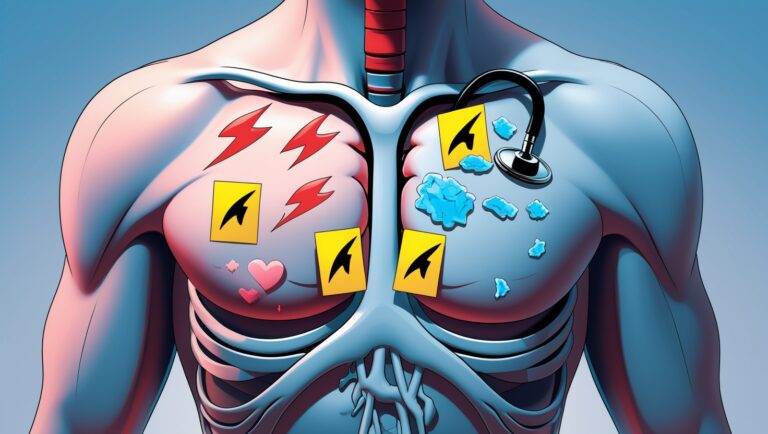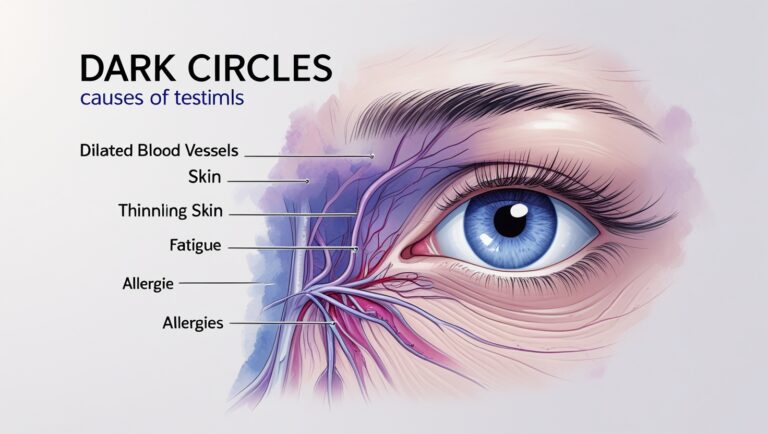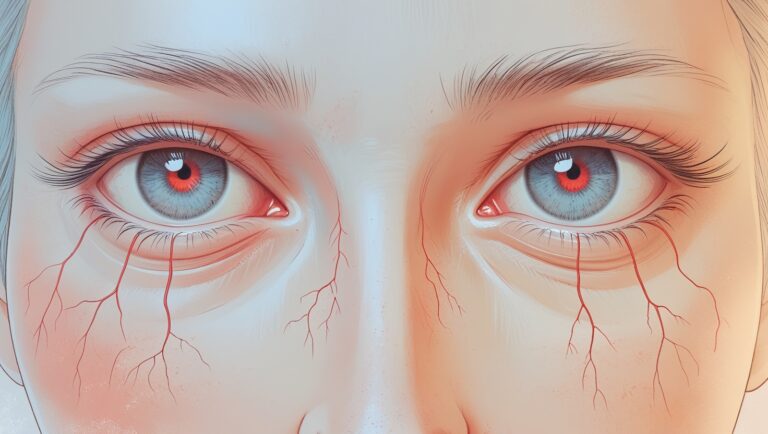Table of Contents
- Introduction
- What Is Stress-Related Hair Loss?
- How Does Stress Affect Your Hair Follicles?
- Types of Hair Loss Linked to Stress
- Real-Life Examples of Stress-Induced Hair Loss
- Is Your Hair Loss Really from Stress?
- Other Causes of Hair Loss
- How to Manage and Treat Stress-Related Hair Loss
- Top Hair Care Tips to Support Regrowth
- Common Myths About Stress and Hair Loss
- How Long Does It Take for Hair to Grow Back?
- Conclusion and What to Do Next
1. Introduction
Have you ever noticed extra strands of hair on your pillow or in the shower after a stressful week? You’re not imagining things. Stress can actually cause hair loss—and it’s more common than you might think.
In this guide, we’ll explore the science behind stress-related hair loss, how to recognize it, and what steps you can take to stop it. By the end, you’ll understand your body better and feel more confident about managing your hair health.
2. What Is Stress-Related Hair Loss?
Stress-related hair loss is a condition where high levels of physical or emotional stress trigger hair follicles to enter a resting phase, leading to shedding.
Unlike pattern baldness, this type of hair loss is usually temporary and reversible with the right care.
3. How Does Stress Affect Your Hair Follicles?
Stress affects the body in multiple ways, including:
- Hormonal imbalances (especially cortisol spikes)
- Reduced nutrient absorption
- Disrupted hair growth cycle
When you’re under chronic stress, your body prioritizes survival over functions like hair growth, which leads to excessive shedding.
4. Types of Hair Loss Linked to Stress
Telogen Effluvium
This is the most common type of stress-related hair loss. It causes hair follicles to prematurely enter the resting (telogen) phase.
Key signs:
- Noticeable thinning all over the scalp
- Sudden onset after a stressful event (surgery, illness, emotional trauma)
Alopecia Areata
An autoimmune condition often triggered by extreme stress.
Key signs:
- Patchy bald spots
- Rapid hair loss
Trichotillomania
A psychological disorder where a person feels compelled to pull out their own hair due to anxiety or stress.
Key signs:
- Irregular patches of missing hair
- Associated with emotional distress
5. Real-Life Examples of Stress-Induced Hair Loss
- Emma, 29, teacher: After a tough breakup and job change, she noticed handfuls of hair falling out in the shower. Diagnosis: Telogen Effluvium.
- Ravi, 35, IT manager: He experienced circular bald patches following work-related burnout. Diagnosis: Alopecia Areata.
- Sana, 22, college student: Pulled hair unconsciously during exams. Diagnosis: Trichotillomania.
6. Is Your Hair Loss Really from Stress?
Signs to Watch For:
- Sudden hair shedding within 2-3 months of a stressful event
- Diffuse thinning vs. patchy loss
- No family history of baldness
When to See a Doctor:
- If hair fall continues beyond 6 months
- If you notice bald patches or scalp irritation
- If you suspect hormonal imbalance or underlying conditions
7. Other Causes of Hair Loss
Before assuming it’s stress, rule out other possibilities:
- Genetics (androgenic alopecia)
- Thyroid disorders
- Iron or Vitamin D deficiency
- Hormonal changes (postpartum, menopause)
- Harsh chemical treatments or tight hairstyles
8. How to Manage and Treat Stress-Related Hair Loss
Medical Treatments:
- Minoxidil (Rogaine): FDA-approved topical solution
- Corticosteroids: For alopecia areata (injections or topical)
- Prescription medications: If underlying conditions are found
Lifestyle Changes:
- Regular sleep schedule
- Balanced diet
- Physical activity (even 30 minutes daily helps)
Stress-Reduction Techniques:
- Deep breathing or meditation
- Yoga or tai chi
- Journaling or creative outlets
- Talking to a therapist
Hair-Friendly Diet:
- Protein-rich foods (eggs, lentils)
- Iron (spinach, red meat)
- Omega-3s (salmon, chia seeds)
- Zinc and biotin supplements
9. Top Hair Care Tips to Support Regrowth
- Avoid heat styling and harsh dyes
- Use mild, sulfate-free shampoos
- Don’t brush wet hair aggressively
- Massage scalp with nourishing oils (like coconut or castor oil)
- Trim regularly to prevent split ends
10. Common Myths About Stress and Hair Loss
- Myth: Hair loss from stress is permanent
- Fact: It usually regrows once the stressor is removed
- Myth: Only emotional stress affects hair
- Fact: Physical stress (injury, illness) counts too
- Myth: You lose hair instantly after stress
- Fact: Shedding often starts 6–12 weeks later
11. How Long Does It Take for Hair to Grow Back?
Hair regrowth timelines vary:
- Telogen Effluvium: Hair begins to return 3–6 months after stress ends
- Alopecia Areata: Varies—may take months or longer
- Trichotillomania: Regrowth depends on breaking the hair-pulling habit
Consistency and patience are key. Hair typically grows about 0.5 inches per month.
12. Conclusion and What to Do Next
Yes, stress can cause hair loss—but it’s not the end of the story. By identifying the cause, taking steps to reduce stress, and adopting healthier habits, you can support hair regrowth and overall well-being.
What You Can Do Now:
- Start a stress diary to identify triggers
- Consult a dermatologist or trichologist
- Prioritize sleep, nutrition, and emotional self-care
- Be kind to yourself—your hair (and your health) will thank you
Want more tips on healthy living and hair care? Subscribe to our newsletter or share this guide with someone going through a similar journey.
